Uncategorized
-
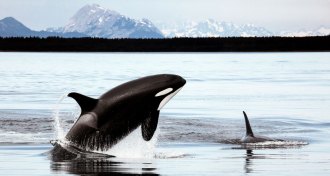 Animals
Animals50 years ago, scientists studied orcas in the wild for the first time
The study of killer whales has come a long way since the capture of seven in 1968 allowed scientists to study the animals in their habitat.
By Mike Denison -
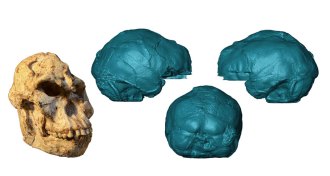 Anthropology
Anthropology‘Little Foot’ skeleton reveals a brain much like a chimp’s
An ancient skeleton dubbed Little Foot points to the piecemeal evolution of various humanlike traits in hominids, two studies suggest.
By Bruce Bower -
 Health & Medicine
Health & MedicineThis protein may help explain why some women with endometriosis are infertile
Infertile women with endometriosis have a reduced amount of a protein found to be important for establishing pregnancy in mice, a study finds.
-
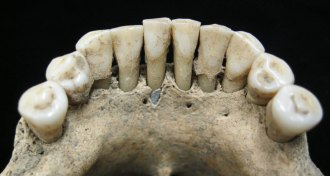 Anthropology
AnthropologyPaint specks in tooth tartar illuminate a medieval woman’s artistry
Tooth tartar unveils an expert female manuscript painter buried at a German monastery.
By Bruce Bower -
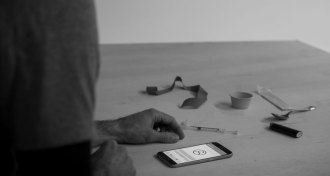 Health & Medicine
Health & MedicineA new app tracks breathing to detect an opioid overdose
A smartphone app called Second Chance could help save opioid users who shoot up alone.
-
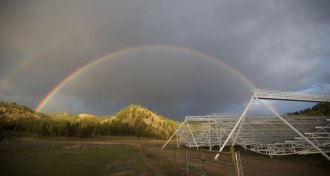 Cosmology
CosmologyA second repeating fast radio burst has been tracked to a distant galaxy
Astronomers have spotted a second repeating fast radio burst, and it looks a lot like the first.
-
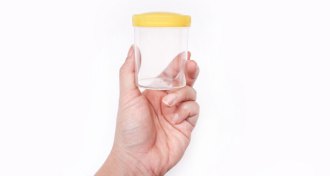 Health & Medicine
Health & MedicineStudies can be in vitro, in vivo and now ‘in fimo’ — in poop
Scientists have coined a new term — “in fimo” — to describe studies focused on feces.
-
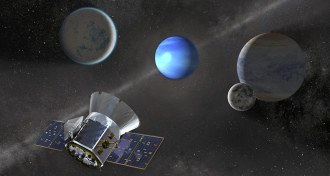 Astronomy
AstronomyLess than a year after launch, TESS is already finding bizarre worlds
The TESS exoplanet hunter has spotted eight confirmed worlds in its first four months, and several of them are really weird.
-
 Animals
AnimalsA protein in mosquito eggshells could be the insects’ Achilles’ heel
A newly discovered protein found exclusively in mosquitoes may one day help control their numbers.
-
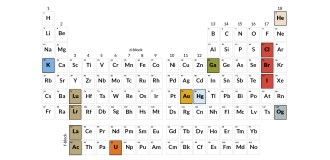 Chemistry
Chemistry150 years on, the periodic table has more stories than it has elements
The organized rows and columns of the Periodic Table hide a rich and twisting history.
-
 Chemistry
ChemistryHow the periodic table went from a sketch to an enduring masterpiece
150 years ago, Russian chemist Dmitrii Mendeleev created the periodic table of the elements, revolutionizing chemistry.
-
 Science & Society
Science & SocietyThe periodic table remains essential after 150 years
Editor in Chief Nancy Shute reflects on the 150th anniversary of the invention of the periodic table by Dmitrii Mendeleev.
By Nancy Shute